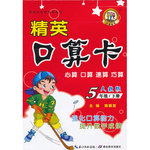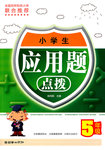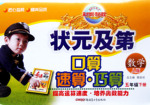��Ŀ����
The bad boss made the children _______ long and _______ heavy work.
A. to work; to do B. working; doing C. work; do D. worked; did
C �������� ���⣺������ϰ��ú����ǹ����˺ܳ�ʱ�䲢�����˺ܶ���صĹ�������make sb do�������ǡ�ʹij���������������ǡ�ʹ�����ǹ������͡�ʹ������������������ѡC��
��ϰ��ϵ�д�
 ��Ӣ���㿨ϵ�д�
��Ӣ���㿨ϵ�д� Ӧ����㲦ϵ�д�
Ӧ����㲦ϵ�д� ״Ԫ����ϵ�д�
״Ԫ����ϵ�д�
�����Ŀ

